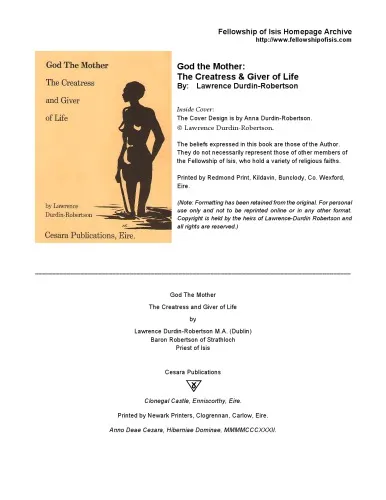Gabriel Garcia Marquez: One Hundred Years of Solitude (Landmarks of World Literature)
4.5
Reviews from our users

You Can Ask your questions from this book's AI after Login
Each download or ask from book AI costs 2 points. To earn more free points, please visit the Points Guide Page and complete some valuable actions.Related Refrences:
Introduction
Gabriel Garcia Marquez's One Hundred Years of Solitude is an iconic work in the realm of literature, representing the zenith of magical realism and cementing its author's place among the most influential writers of the 20th century. Written by Michael Wood, the book Gabriel Garcia Marquez: One Hundred Years of Solitude (Landmarks of World Literature) dives deep into this monumental novel, illuminating its multifaceted narrative techniques, its thematic explorations, and its indelible impact on global literature. This introduction aims to provide a comprehensive overview of the book's rich content, guiding readers through its main sections and highlights.
Detailed Summary of the Book
In Gabriel Garcia Marquez: One Hundred Years of Solitude, Michael Wood meticulously examines Marquez’s masterpiece, delving into the intricate tapestry of magical realism that defines the novel. The book begins by setting the historical and cultural context in which One Hundred Years of Solitude was penned. Wood explores the socio-political landscape of Latin America, offering insights into how these elements shaped the fictional town of Macondo and the Buendía family saga.
Wood provides an in-depth analysis of the novel’s seven generations of the Buendía family, highlighting the cyclical nature of their struggles and triumphs. He examines the layered narrative structure, revealing how Marquez weaves a complex plot that intertwines reality with fantastical elements. Each character is meticulously dissected to uncover underlying themes of solitude, fate, and the inevitability of history repeating itself.
Key Takeaways
-
Magical Realism: Wood explores the defining characteristics of magical realism in Marquez’s work, showcasing how the blend of the supernatural with the mundane creates a unique narrative flavor.
-
Temporal Cyclicity: One of the critical insights of Wood's analysis is the recurring theme of history repeating itself, manifesting in the genealogical cycles of the Buendía family.
-
Symbolism and Allegory: The book dissects the novel's rich use of symbols and allegorical elements, providing a deeper understanding of its societal and historical commentary.
-
Cultural Significance: Wood highlights how the novel reflects the complexities and contradictions of Latin American identity and history.
Famous Quotes from the Book
Michael Wood aptly uses excerpts from One Hundred Years of Solitude to illustrate his points. Here are some poignant quotes from the novel that Wood explores:
"It's enough for me to be sure that you and I exist at this moment."
"The secret of a good old age is simply an honorable pact with solitude."
"In the shattered schoolhouse little by little they began to pile up the boxes of books until they formed a solid pedestal among the camp beds and the mud walls."
Why This Book Matters
Gabriel Garcia Marquez: One Hundred Years of Solitude (Landmarks of World Literature) is not just a guide to understanding Marquez's novel; it is an essential resource that amplifies the appreciation of one of literature's most treasured works. Michael Wood's detailed analysis sheds light on the novel's profound reflections on human experience, history, and culture. By examining the literary techniques employed by Marquez, it underlines the novel's universal messages and why it remains relevant today.
For students, scholars, and literary enthusiasts, Wood’s analysis provides valuable insights into the narrative complexities and thematic depth of One Hundred Years of Solitude. Each section of Wood's book enriches the reader's understanding, making it an essential companion for anyone looking to delve deeper into Marquez’s magical world.
Free Direct Download
You Can Download this book after Login
Accessing books through legal platforms and public libraries not only supports the rights of authors and publishers but also contributes to the sustainability of reading culture. Before downloading, please take a moment to consider these options.
Find this book on other platforms:
WorldCat helps you find books in libraries worldwide.
See ratings, reviews, and discussions on Goodreads.
Find and buy rare or used books on AbeBooks.
1532
بازدید4.5
امتیاز0
نظر98%
رضایتReviews:
4.5
Based on 0 users review
Questions & Answers
Ask questions about this book or help others by answering
No questions yet. Be the first to ask!















